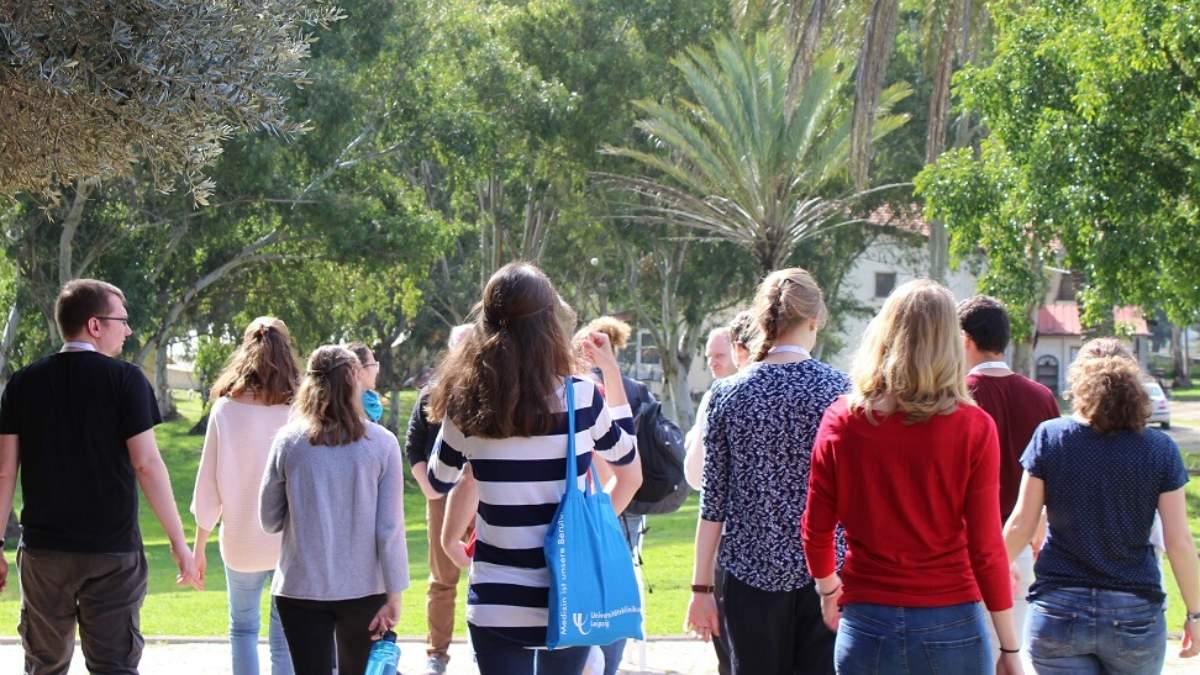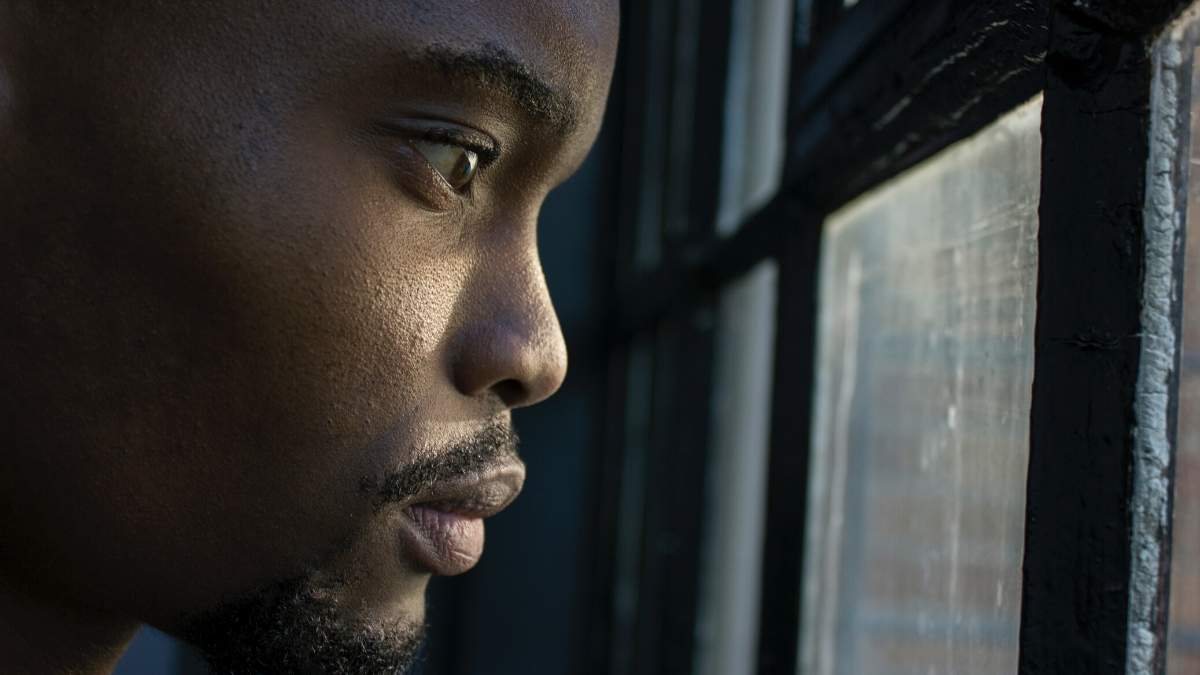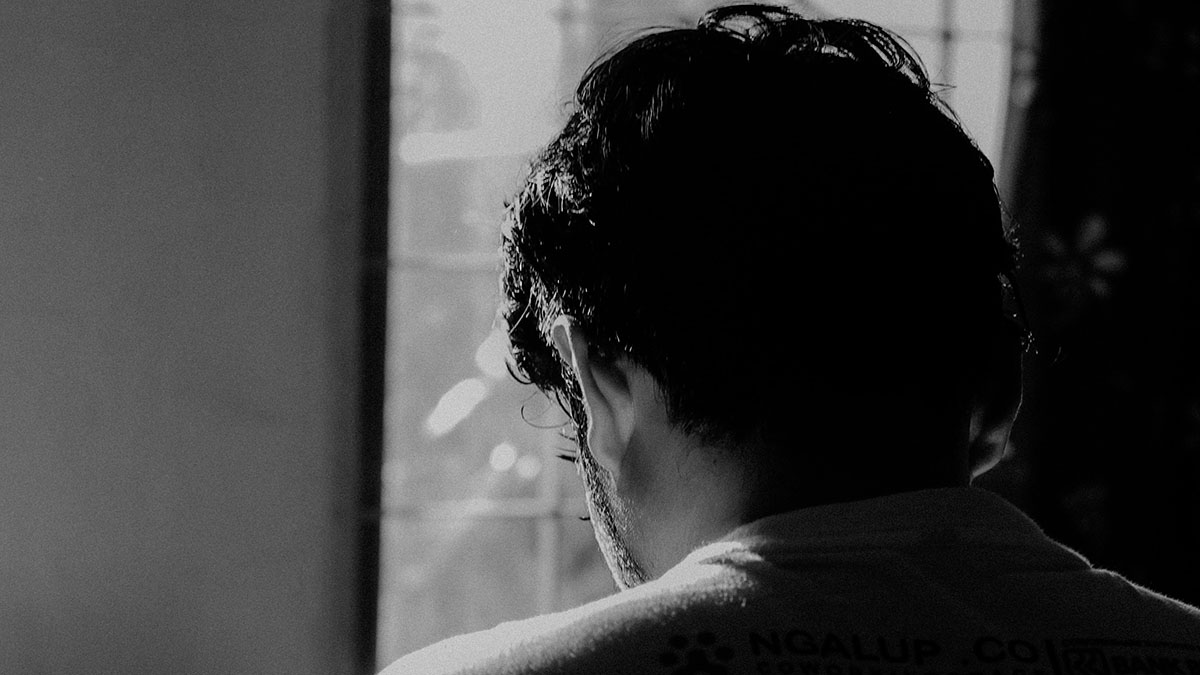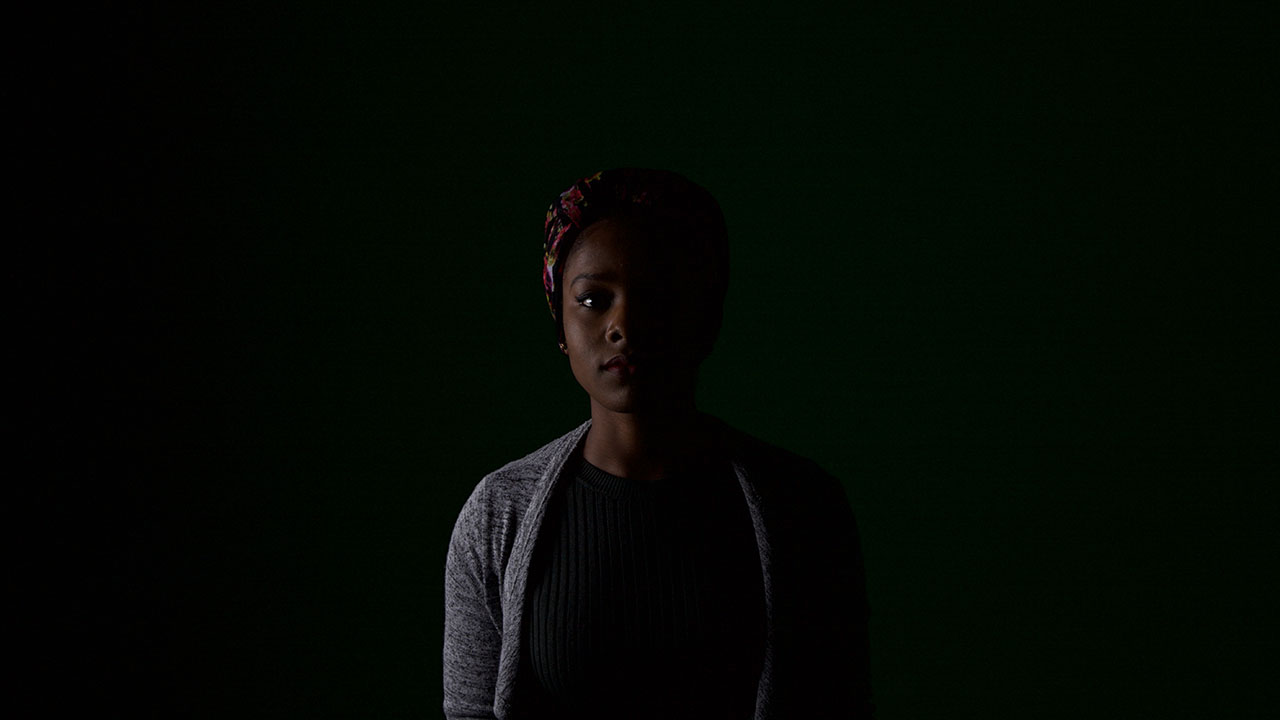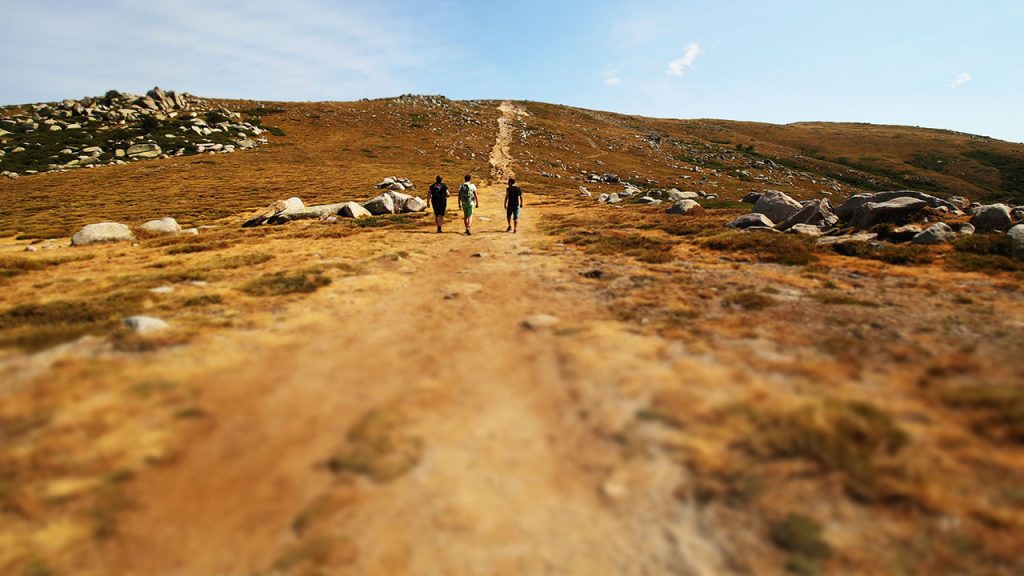It Starts with Kindness
Read about how Jamil C, Regional Secretary of IFES MENA, encountered Christ as an international student in France.
Today, I am honoured to be serving as the regional secretary of IFES MENA. My journey to faith started when a group of French students extended their kindness to me, an international student from Tunisia. This is my story.
Toward the end of my architectural studies in Paris, I happened to come across a book table organized by Groupes Bibliques Universitaires or GBU, the IFES movement in France. The Christian students there invited me to a series of lectures on Islam and Christianity given by Chawkat M, who at that time, worked with IFES in Paris and was in charge of relations with Arab and Muslim students. Initially, I decided to participate out of a desire to contradict the speaker and prove the theological superiority of Islam. However, I was surprised that despite my sometimes provocative questions, the Christian students always responded with such kindness. I was so struck by their courteous and gracious attitude that when I returned to Tunisia, I decided to bring one of the gospels with me. But the more I read the words of Jesus, the more questions I had.
As these questions burned in me, I started to write them in letters to my Christian friends. I spent the next several months sending questions by mail (there was no email at that time) and waiting two weeks for each answer.
It was during this time that Chawkat connected me to a missionary couple studying Arabic in Tunis. I met with these new friends every Sunday evening to read the Bible together. Just months later, I decided to give my life to Christ. Life was peaceful until one day when my older brother followed me to their house. A few minutes after I entered their home, the doorbell rang and my brother was at the door. When my friend invited him to enter, my brother discovered the Bible lying on the table. He stayed for five minutes, explaining that he only wanted to know who his brother was meeting. Then he left.
The next day, my brother visited me at work. He asked me to cut off all ties with Christians and return to Islam. He gave me one week to reflect before he would be obligated to share the news with my family. A week later, he came back for my answer. When he didn’t hear what he wanted, he returned home to tell the whole family. That evening, our house was filled with shouting and crying as my father kicked me out of the house. I stayed at my sister’s house for three days before she also asked me to leave. She said she could not go against the family’s decision. A co-worker also contacted me to say that he had heard about my conversion to the Christian faith. He explained that he could no longer collaborate with me and told me to leave the office immediately.
With nowhere to go, I called the missionary couple to ask what I should do. They connected me to a single missionary who offered a place to spend a few days. The following week, that missionary couple received death threats addressed to me from an Islamic group that my brother was involved in.
On my way to church that Sunday, I encountered my brother and another person waiting for me just a few metres away. I ran for refuge in the church and was able to escape through an emergency exit onto another street. However, that evening, the church pastor, who was Swiss, came to find me and asked me to leave the country. He feared my life was in danger and told me that I had become a source of potential danger even for them. If the Tunisian government knew what had happened, the church would also be shut down.
Within 24 hours of that conversation, I left Tunisia and took refuge at a farm in Switzerland. During my five months there, I reconnected with Chawkat to see if I could study theology in France, a country I was more familiar with. Thankfully, God opened the door and in September 1987, just months after deciding to follow Christ, I began my theological studies in France. Now, decades later, I am honoured to serve as a regional secretary for IFES to help pioneer student witness in the Middle East and North Africa (MENA). Praise God for the ways he has grown ministry in my own “home” region, even in extremely difficult places.
May He open new doors, may He equip and give us love and hope when we are involved with international students and may He sustain us.


